The secretary general of Amnesty International declared on 16 May that human rights continue to be violated in Burundi. He urged Heads of State of the East African Community to ensure that resolving the Burundi crisis is a priority for the EAC summit to be held on 20 May.
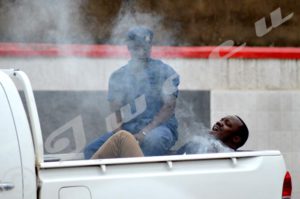
Police arresting a protester in Bujumbura
Although the security situation in Burundi may, to some, appear to be normalizing, a recent increase in violence and unlawful killings suggests otherwise, said Salil Shetty, the secretary general of Amnesty International. The government continues its crackdown on the political opposition and civil society in Burundi, Shetty said.
The Office of the UN High Commissioner for Human Rights (OHCHR) recorded 210 allegations of enforced disappearance between October 2016 and January 2017, and discovered 22 dead bodies in January 2017, according to Shetty. The Government of Burundi has failed to investigate these violations and has shown no interest in meaningfully cooperating with investigations by regional and international institutions into allegations of serious human rights violations, Shetty said.
In a public letter dated 29 March, the opposition group in parliament, Amizero y’Abarundi, complained that their members were being subjected to arbitrary arrests, abductions, enforced disappearances and targeted killings, especially members and supporters of the pro- Agathon Rwasa wing of the National Liberation Forces (FNL).
The secretary general of Amnesty International also said that the number of refugees hosted by neighboring countries is continuing to grow and is predicted to top 500,000 people by the end of 2017. The need to find a solution to end the ongoing human rights crisis is urgent, Shetty says.
Amnesty International continues to believe that the Burundi Dialogue, with the full support of the EAC, is an essential part of that solution, said the secretary general of the organisation. He calls on EAC Heads of States to compel the Government of Burundi to conduct independent investigations into allegations of human rights violations, and to cooperate with regional and international human rights institutions.
According to the Minister of Human Rights, Martin Nivyabandi, the government departments responsible for investigating crimes and human rights violations are at work. He says investigations are dragging on because it is very difficult to investigate the killings. Burundi does not have the developed systems to conduct investigations, he said. “Murder requires careful investigation. As long as the investigations are not yet completed, we cannot communicate the results,” Nivyabandi said.

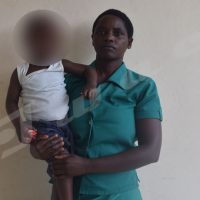
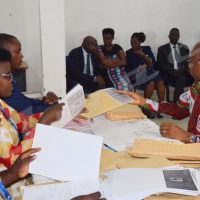
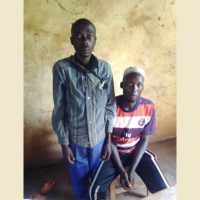

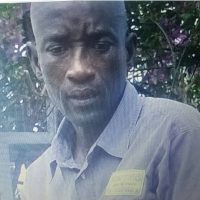













 IWACU Open Data
IWACU Open Data

